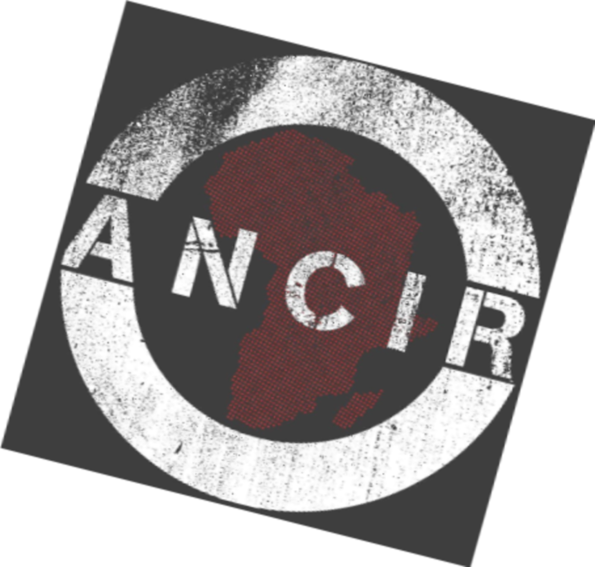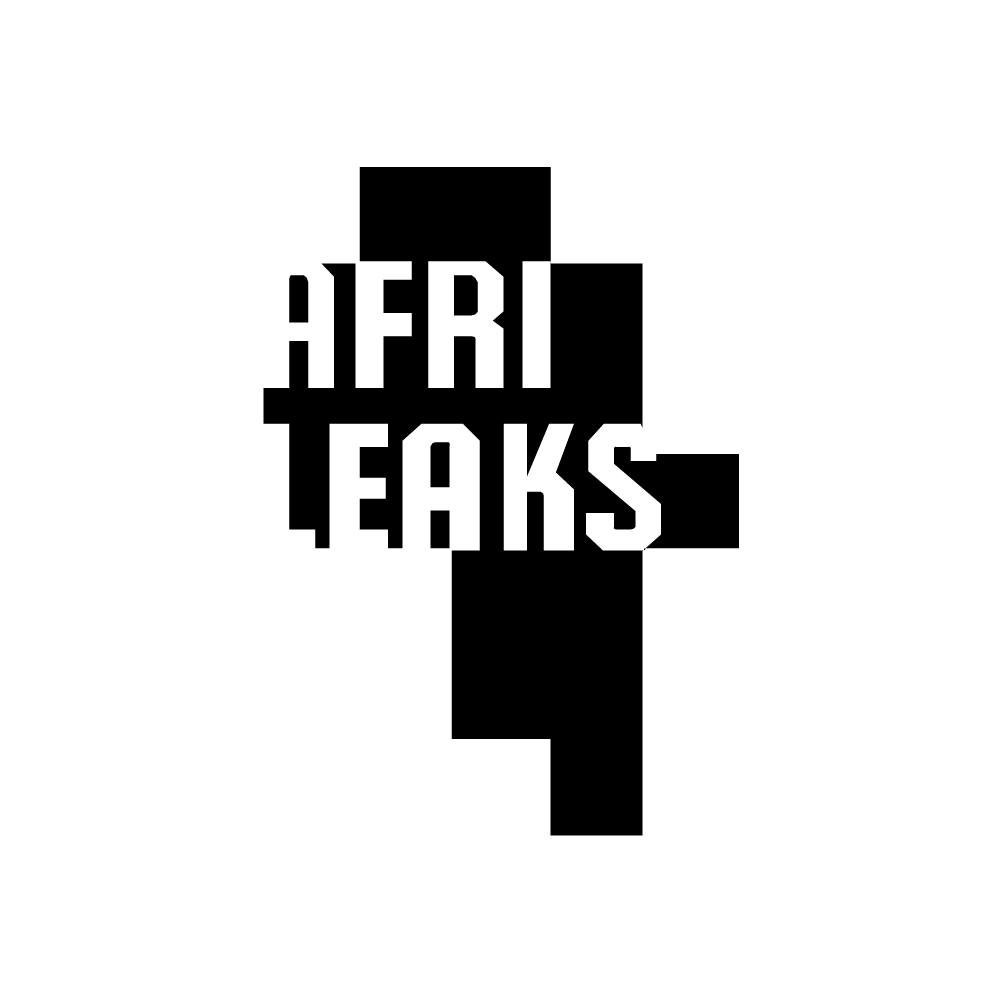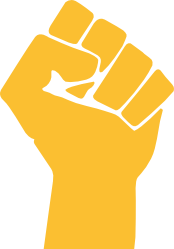Key military and political leaders behind murky Angola oil deals
On the surface, the contract between Markwell and Pinsong, two shell companies with no owners or substantial business activity, appears a little unseemly, but legal and unremarkable – as offshore dealings often are. Pinsong, the principal, paid a fee of €15 million to Markwell, the agent, in 2007 to assist a third party obtain Angolan deepwater oil concessions.
But leaked data from Mossack Fonseca, a Panama-based offshore service provider, obtained by the International Consortium of Investigative Journalists and German newspaper Süddeutsche Zeitung, raises questions about how these entities assisted others in obtaining the rights to drill for Angolan oil. Analysis of over a thousand documents reveals the involvement of leading Angolan political and military figures and connects this payment to an ongoing US trial involving a corporation that allegedly bribed Angolan officials to acquire equity stakes in lucrative oil concessions.
Who’s the Mark?
In November 2007, the Swiss-based Espirito Santo, part of the sprawling Portuguese financial institution known as Group Espirito Santo (GES), emailed a contract to Mossack Fonsenca. The contract stipulated that Markwell would assist “in all the efforts … necessary to support ANR-Angola Natural Resources.” This included landing equity stakes in major oil concessions. Pinsong promised to pay into Markwell’s Swiss bank account in three equal tranches. The final tranche of €5 million was to arrive when the concessions were awarded to Angola Natural Resources (ANR).
Both Pinsong and Markwell appear to be new and were incorporated in the British Virgin Islands. But who is Angola Natural Resources, the third party whose interests Pinsong and Markwell seem to have been created to promote?
In June 2007, Espirito Santo wrote to Mossack Fonseca inquiring about a name change for another company, Middle Mining Limited. Espirito Santo suggested two: Angola Natural Resources Limited and Africa Natural Resources Limited. The name Africa Natural Resources was available, though earlier versions of the contract cite Angola Natural Resources. Espirito Santo followed up to request that shares in ANR be issued to Escom Investments Group under the authority of Jose Helder Bataglia Dos Santos and Pedro Manuel De Castro Neto. Founded by Bataglia and GES in 1993, Escom describes itself as one of the largest investors in Angola and the Democratic Republic of Congo. Escom is involved in mega-deals such as infrastructure and mining. It also identifies itself as a point of contact for large international entities seeking to invest in Angola. ANR is a subsidiary of Escom Investments B.V.
By November 2007, the final version of the contract was issued, carefully guarded over by Espirito Santo’s representative. The licensing round for oil blocks to be auctioned by Angola’s state-owned Sonangol – then under the leadership of Manuel Vicente, one of Angola’s powerful strongmen – is set for three months later, in December 2007. The oil blocks include 9, 20, 21 and Centro.
Mossack Fonseca’s data shows that Escom’s Pedro Neto is also a director of Pinsong. Publicly accessible data shows Markwell’s nominee director as Andres Sanchez of Aleman, Cordero, Galindo and Lee – an infamous Panamanian offshore provider that has, via Sanchez, aided in the laundering of money for well-known criminals such as Chilean dictator Augusto Pinochet.
Sources claim Sanchez is a long-time fiduciary trustee for GES, particularly in Panama where multiple GES entities were based. Markwell’s beneficial owner, claimed one investigator, is none other than Escom founder, Bataglia.
Confidential documents surrounding a network of around 15 companies, including Markwell and Monkway, show that UBS bank accounts were used to funnel money to political elites in Portugal directly connected to Bataglia. UBS did not respond to questions on due diligence around the source of the funds, and said “Laws and regulations prohibit us from commenting on individuals and whether they have been or are clients. This also prevents us from disclosing if authorities launched an investigation as a result of reports received from us.” UBS also claimed to be fully compliant with the law.
Markwell’s bank account number sent and received over $12 million during 2008 and 2009.
Other sources claimed ANR was connected to Sonangol’s Vicente, citing Grupo Aquattro’s purchase of 24% of Banco Santo Espirito Angola, also part of GES, which was then a 33% shareholder of Escom. The purchase, made through Aquattro’s subsidiary, Portmill, linked Vicente and the head of Angola’s military and security intelligence department, General Manuel Helder Vieira Dias Junior, also known as “Kopelipa”, to GES’s core business interests in Angola.
Details of the beneficial owners of an offshore company like Markwell are elusive. Opacity is one of the benefits of doing business, legally or not, through shell companies in foreign jurisdictions. What is clear is that whoever owns Markwell was paid €15 million to facilitate ANR, and thus Escom, obtaining equity stakes through unstated services.
Attempts to contact Escom, Bataglia, Vincente and Pedro Neto proved futile, and Sonangol did not respond to interview requests.
US Investigation
Seven years on, in 2014, some of these oil blocks came under investigation by the US judicial system. A class action lawsuit alleges that US oil company Cobalt International Energy paid foreign officials to secure oil concessions – including Vicente and Kopelipa. If so, the Houston-based Cobalt violated the US’s Foreign Corrupt Practices Act of 1977. Back in 2009, Cobalt’s CEO Joseph Bryant announced a “world class” partnership to drill offshore oil with Sonangol, as well as two unknown companies: Nazaki and Alper. Cobalt claimed to have conducted “extensive due diligence”. This does not appear to have been a lie – though it seems to have been a different sort of due diligence. While Markwell may have provided legitimate services to Escom and ANR, it is also possible that the €15 million payment was for performing a scoping exercise of how to negotiate the vested interests involved in the deal. The landscape of Angolan politics determines the outcome of oil and diamond deals: this, unfortunately seems to include financing a patron. Bryant had already cultivated close ties with Vicente while working in Angola through other companies such as Amoco. Vicente himself admitted in a rare interview in 2012 that he knew Bryant, “very well”.
According to court documents, Cobalt claimed it had never heard of Nazaki prior to July 2008, following approval of the company by Angolan government. Nor had it heard of Alper, until Sonangol’s introduction in October 2008. The companies were included as part of the deal through mandatory risk service agreements. Cobalt agreed to the partnership.
Cobalt’s former CFO called the deal a “fait accompli”, saying the Angolan government “called the shots”. The breakdown was 40% Cobalt, 20% Sonangol, 30% Nazaki and 10% Alper. Senior Cobalt officials confirmed that the company was aware, from early days, of the political players behind Nazaki and Alper. Nazaki’s 99% shareholder, for instance, was Grupo Aquattro, owned by Vicente and Kopelipa. The same physical address was used by more than 40 companies connected to both Vicente and Kopelipa, alongside a third critical member of Angola’s powerful trio: the former head of communications for the Angolan presidency, Leopoldino Fragoso de Nascimento, known as Dino. Cobalt itself held one offshore entity in the Cayman Islands for every oil block, including blocks 9, 20 and 21. The purpose of these companies is unknown.
Sonangol later assumed total control of both Alper and Nazaki following media exposure. Sources we spoke with confirmed that a company called Sonils financed the salaries of a skeleton staff at Vicente’s Alper. Corporate data from 2013 shows Sonils as a Sonangol subsidiary, with Sonangol holding a 30% share. Intel Finance, registered in the Isle of Man, is listed as a 50% shareholder from 2005 with unknown beneficial owners. Sonils’ ultimate owner is the Angolan government. Cobalt’s senior management has acknowledged that neither Alper nor Nazaki would play an actual role if the deal went ahead. In early 2015, Cobalt, still under investigation, exited the offshore deal, selling their 40% stakes back to Sonangol for $1.75 billion. Cobalt did not respond to inquiries at the time of publication.
The deal between Markwell and Pinsong suggests a rigged landscape where shell companies seeking to influence deepwater oil concessions are tied to the highest levels of power within the regime. Angola’s offshore is a high stakes platform where the winners, companies and political elites make the necessary efforts to take all. The losers are Angola’s citizens.


